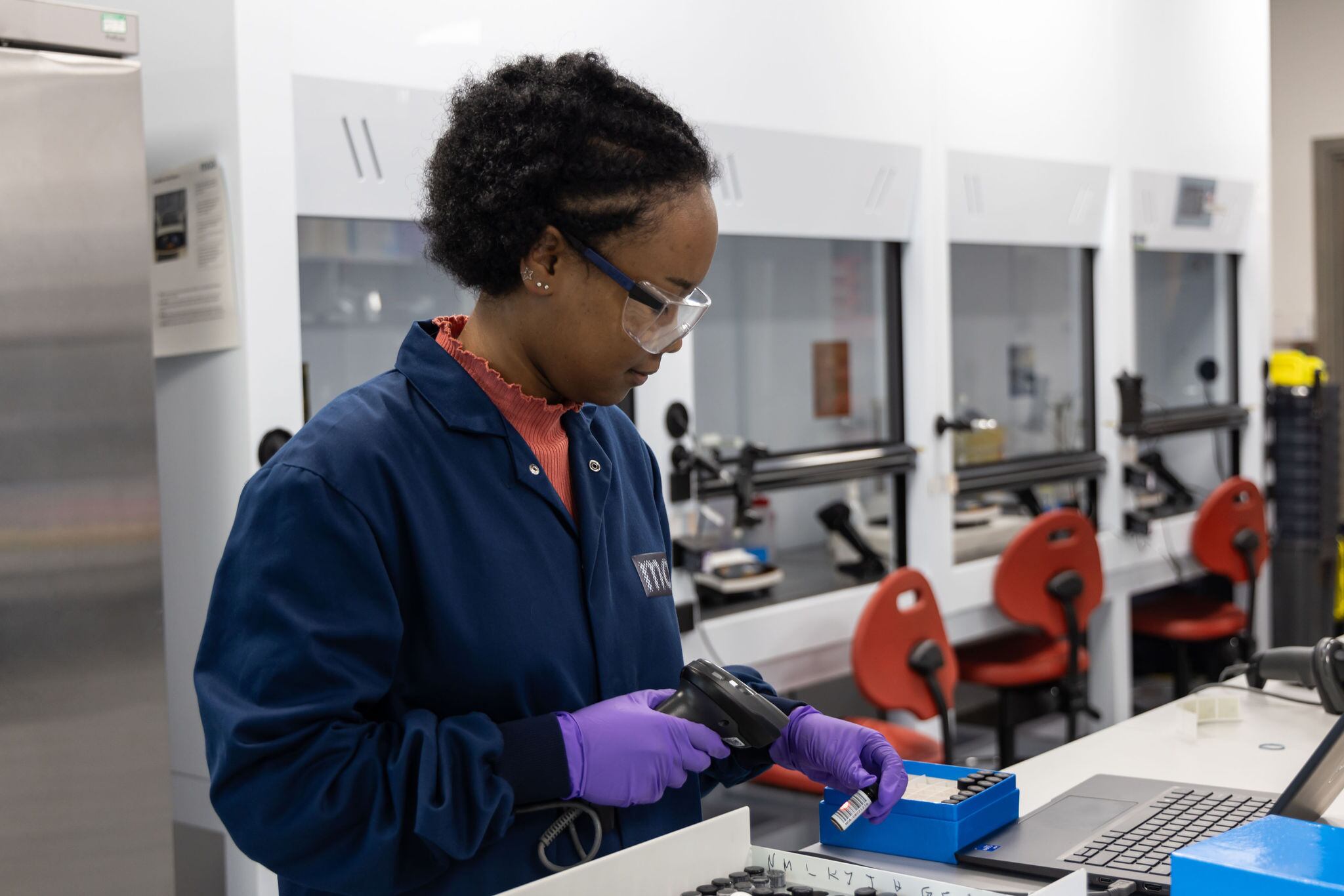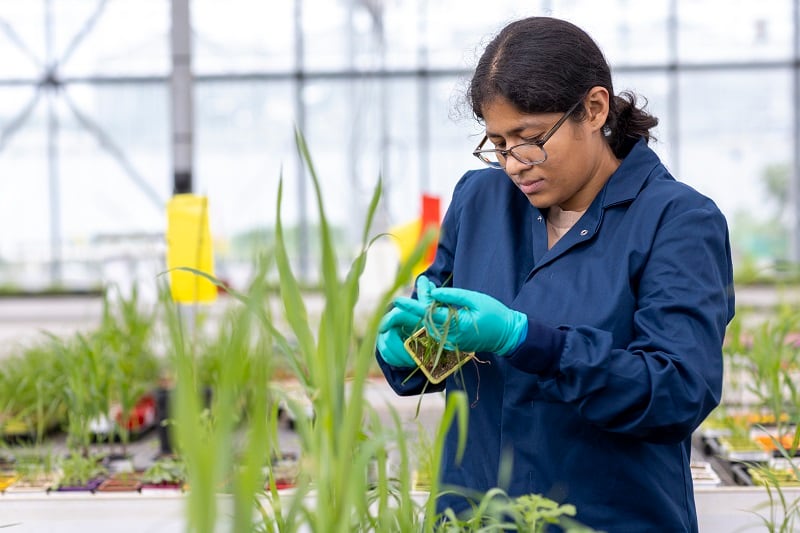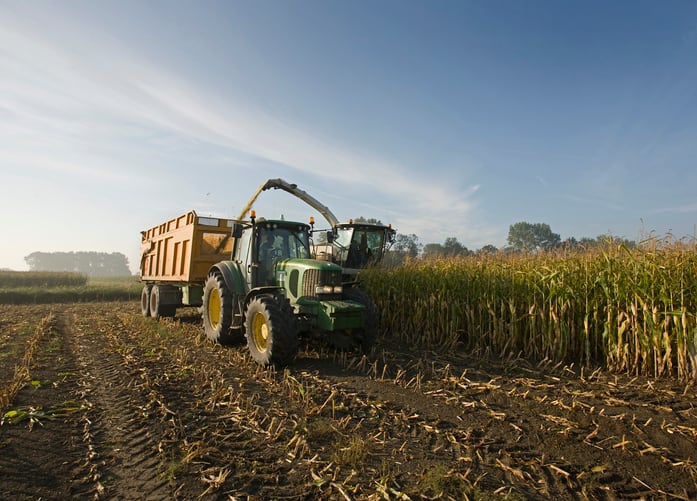UK-based agricultural biotech firm Moa Technology is intensifying the search the global search for a safe, effective and affordable biological herbicide by forming a new partnership with Naicons, an Italian natural products company.
Moa’s proprietary high-throughput screening platform will rapidly test 70,000 micro-bacterial extracts from Naicons’ library of natural products, searching for biological leads which could control weeds, while being safe to humans or the environment, either as a standalone new herbicide or to enhance the efficacy, safety, and resistance-breaking potential of existing herbicides.
Urgent need for new herbicides
The need for new herbicides to help farmers protect their harvests has never been more urgent, Moa says, with over 273 species of weeds now resistant to one or more commercially available herbicides. It claims annual crop losses from weeds cost the US economy over $11 billion and the Australian economy over $3.3 billion. In the UK, the herbicide-resistant weed blackgrass costs farmers around £400 ($500) million every year.
Spun out of Oxford University in 2017, Moa aims to provide farmers with effective, safe and affordable herbicides to protect their harvests against the toughest and most resistant of weeds.
To date, Moa’s platforms have screened almost 800,000 synthetic and naturally occurring compounds, discovering over 70 potentially novel mode of action herbicides. Three synthetic herbicides with novel modes of action discovered by Moa have already performed strongly in their first two seasons of international field trials.

In July 2024 Moa signed a major partnership with Nufarm to co-develop and commercialise one of these new chemical series.
The agreement with Naicons gives Moa exclusive rights to develop any new herbicides discovered in the library, with value to be shared from future licensing and commercialisation.
“Our discovery platform is very well suited to screen natural product libraries, as it provides a reliable and early indication when a compound is too weak or too toxic to become a commercially viable herbicide,” says Moa CEO Dr Virginia Corless.
“We are looking forward to applying our screening technology to Naicons’ high-quality library of actinomycete bacteria to see if we can find a biological compound that can help farmers control weeds effectively and sustainably.”
Virgin territory to explore
Milan-based Naicons specialises in the discovery and development of micro-bacterial extracts. Its vast library of natural compounds has never previously been tested for herbicidal potential before.
These extracts come from tiny bugs (actinomycete bacteria) that live in soil on land. Previously Moa has partnered with marine libraries to test extracts, but this one is a land-based library.
Naicons CEO Stefano Donadio says: “We are very excited about this collaboration. Our library has never been screened for herbicides and we are confident promising lead molecules will be rapidly identified through our powerful platform.
“Over 150,000 different molecules have been identified in the extracts sent to Moa and our team is eager to help in identifying the most promising herbicide candidates.”




